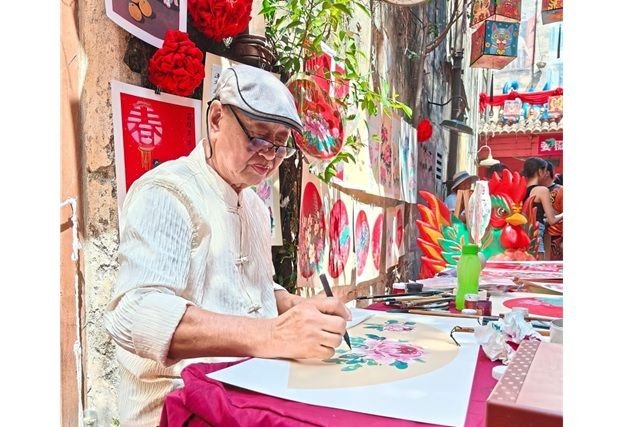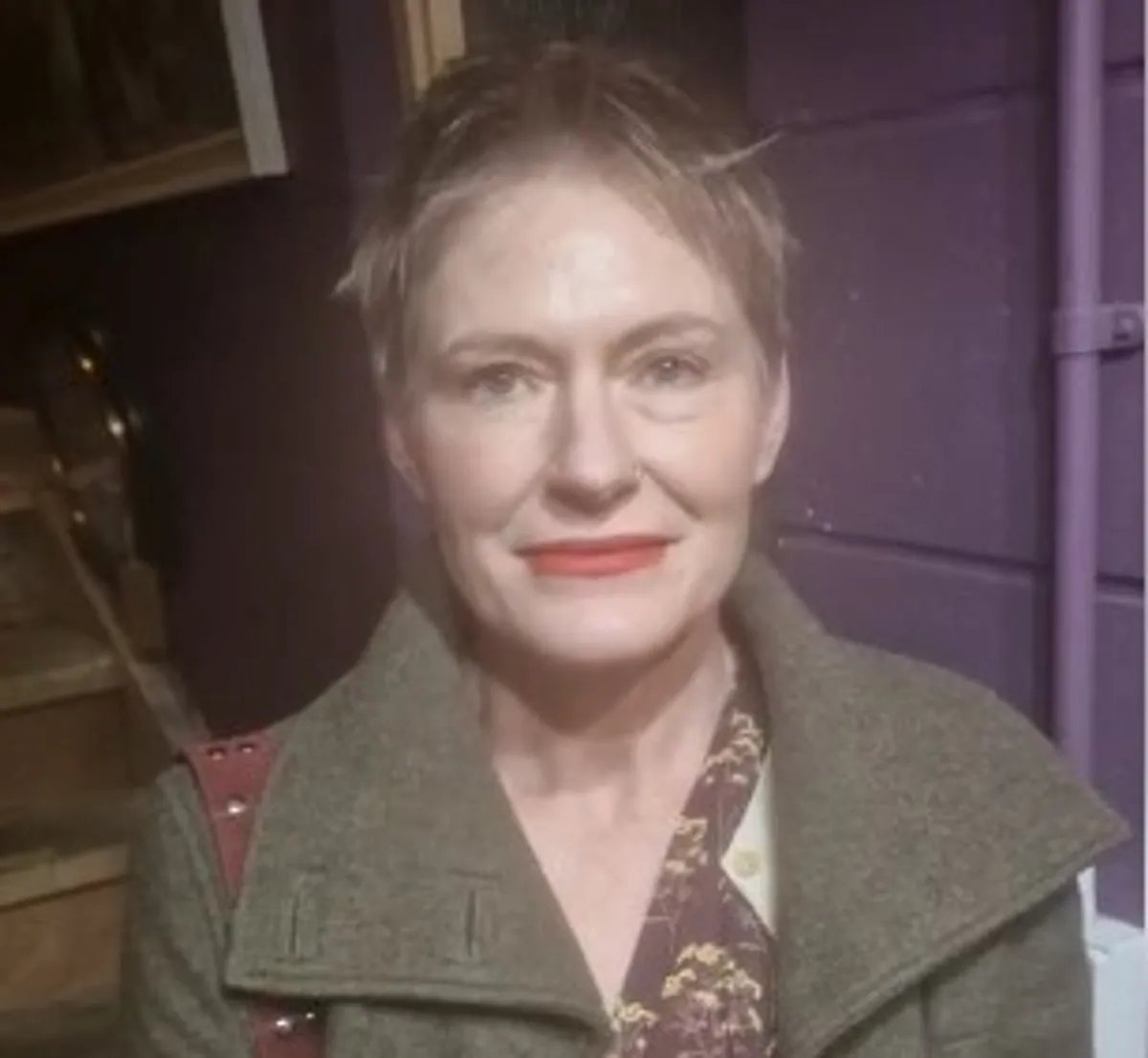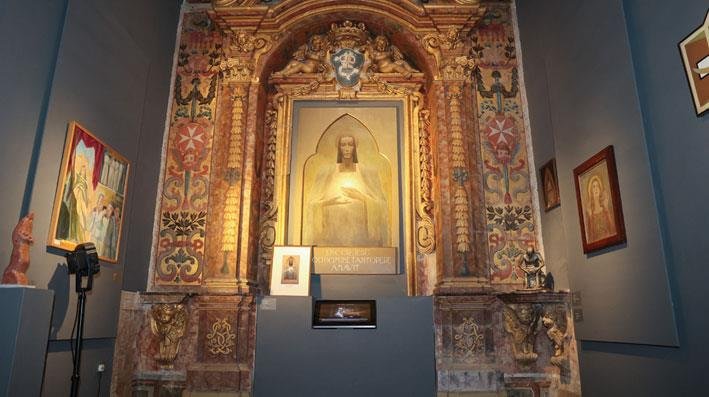Titled Frida Kahlo – Her Photos, an exhibition of photographs offering glimpses into various periods of the world-famous Mexican painter’s life opens on Friday at the Mai Manó House in Budapest. At Thursday’s press preview of the collection, which is being shown in Hungary for the first time, Perla Labarthe Álvarez, Director of the Frida Kahlo Museum in Mexico City, highlighted that the exhibition showcases 241 previously unpublished photographs that were highly valued by Frida herself.
Perla Labarthe Álvarez recalled that after the artist’s death in 1954, her husband, Diego Rivera, donated their former home in Mexico City, known as the Blue House, to the Mexican people to establish a museum in memory of Frida’s life and work. However, a significant portion of the painter’s personal belongings—including six thousand photographs, some drawings, letters, medicines, and clothing—were kept locked away in a bathroom for fifty years. Following the opening of this personal archive in 2003, the curator of the exhibition, photographer Pablo Ortiz Monasterio, selected 241 photographs for display. Since its debut in Mexico City in 2009, the collection has been seen by nearly a million people in 20 cities. The exhibition is divided into six thematic sections. The first section, titled The Origins, showcases the pivotal role photography played in Frida’s life. Her grandfather and father were professional photographers, and she herself had a deep passion for the art form.
The photographs displayed in the first room emphasize the importance of this family heritage and bond. The images, reminiscent of a family photo album, not only reveal the influence of the portraits taken by her father on Frida Kahlo’s art, but also helped the artist keep her loved ones close, added the director. The second section, Blue House, features images of the artist in her former Mexico City home. The photographs capture Frida Kahlo at various stages of her life. Perla Labarthe Álvarez highlighted a portrait series taken by the artist’s father, documenting Frida’s growth from childhood to adulthood through images from 1909, 1902, 1926, and 1932. The third room, titled Politics, Revolutions, and Diego, includes, among others, photographs taken during Diego Rivera’s trip to Russia, images of factory buildings, and snapshots of moments from the Mexican Revolution. The fourth room, Broken Body, presents images of the artist’s recovery after her car accident and her bedridden state, including two photographs showing how she created art while lying down, using a special canvas made by her mother. This section also includes mutilated photographs, from which Frida Kahlo cut out pieces, using the missing parts to convey messages, explained Perla Labarthe Álvarez. The fifth section, Frida’s Loved Ones, features people important to the artist, including her husband Diego Rivera, her sister Cristina, and her first love, Alejandro Gómez Arias. The kiss marks and dedications visible on the photographs reveal the nature of her relationships with the people depicted, noted the director.
The sixth and final section is titled Photography. Here, viewers can see images taken by notable photographers, including two Hungarian artists, Martin Munkácsi and Brassai (Gyula Halász). These photographs had a significant impact on Frida’s art, inspiring many of her works, Perla Labarthe Álvarez pointed out.
The exhibition, which is open until 12 January, was created by the Frida Kahlo Museum and the Anahuacalli Museum. Further information on the exhibition and related programmes can be found on the Mai Manó House website.
Related articles:






